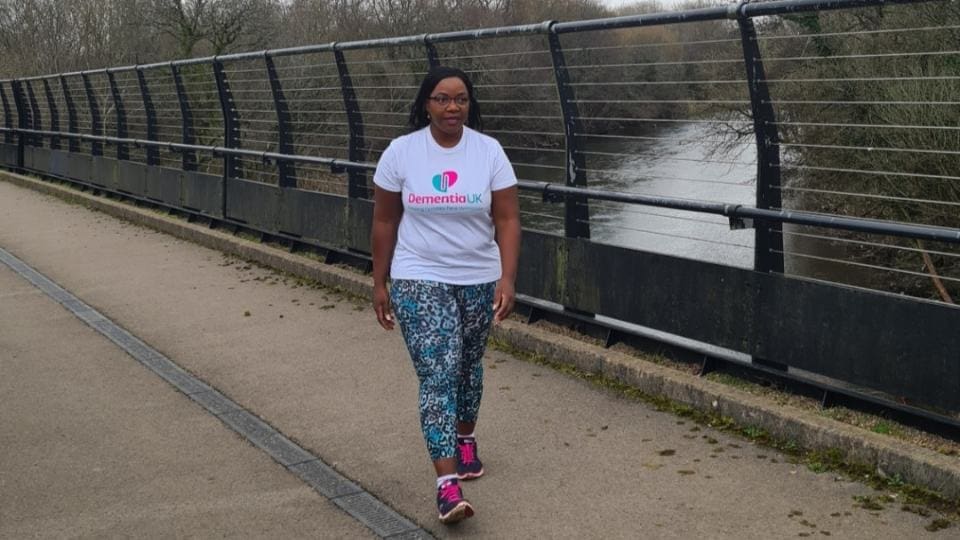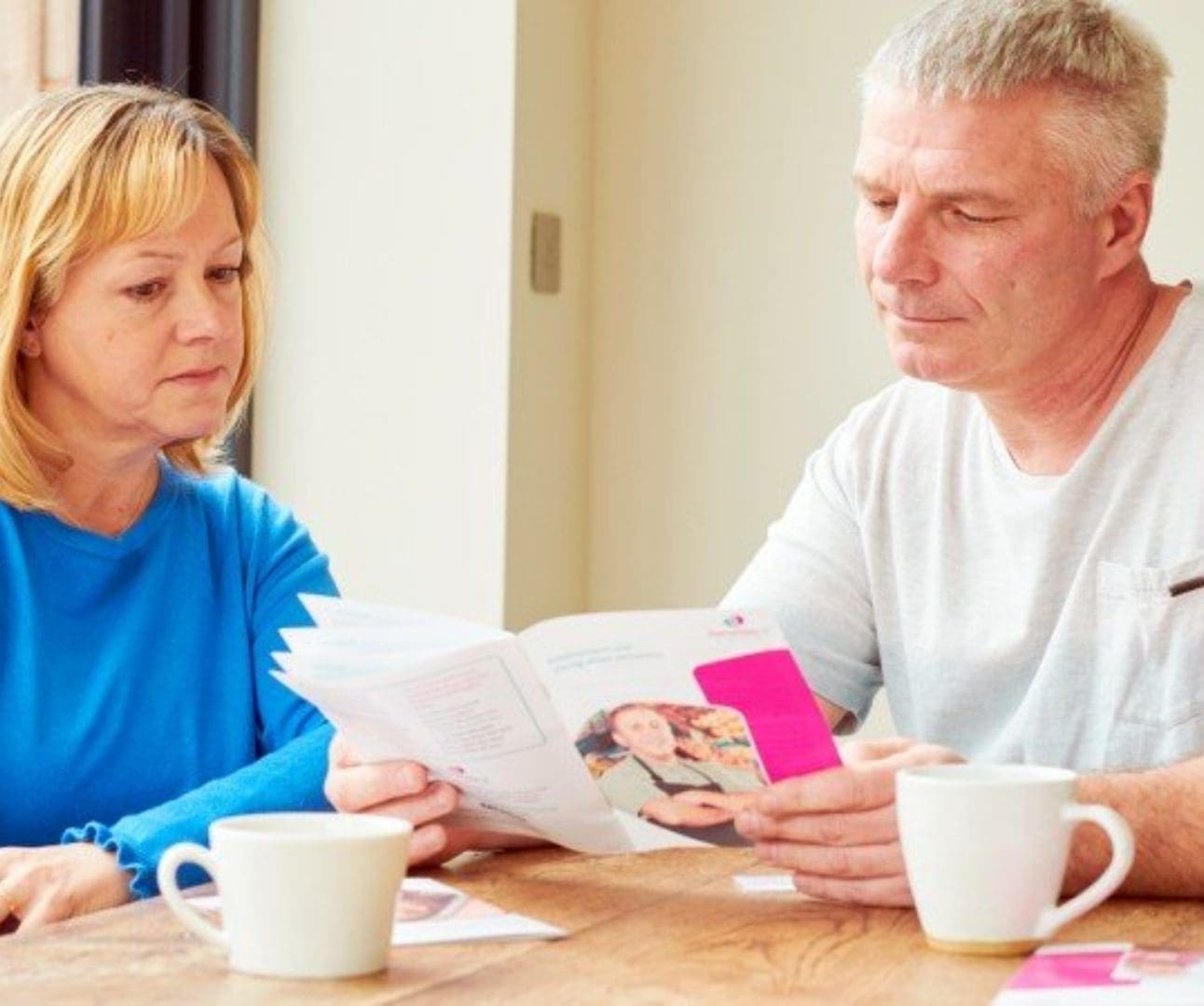
Eshaa’s story
Eshaa shares how young onset dementia impacted her father's capabilities to communicate with his friends and family.
Adult Nursing lecturer and PhD student Tidziwe reflects on the lack of awareness of dementia in her home country of Malawi.

I’m originally from Malawi and I completed my nurse training there before moving to the UK in 1997. The nursing curriculum in Malawi didn’t cover dementia so when I started working in a nursing home in London, dementia was a new concept to me. I didn’t realise the seriousness of it at first. But now I understand a lot more about the devastating impact that this disease has on the person with the diagnosis and their wider family.
Dementia awareness is practically nonexistent in Malawi. There isn’t even a word for dementia in my language. People with dementia are often thought to be witches and are treated very poorly. This fuels the stigma around the condition and creates even more confusion for the person with dementia.
When I first moved to the UK, I simply thought that dementia didn’t exist in Malawi. But now I realise that people just aren’t diagnosed.
I have developed a real interest in dementia care, and it has become the focus of my career. I worked in the nursing home sector for many years and cared for lots of people living with dementia. I’m passionate about delivering person-centred care and ensuring there are clear differences in the care plans of people living with dementia compared to other nursing home residents.
When a close family member was diagnosed with young onset dementia (where symptoms develop before the age of 65), it made the condition feel more personal – he was the only person in my family to have been diagnosed with the condition.
Culturally sensitive care is very important in the context of dementia. My relative lived in the UK and his children were born here, so the family had more of an understanding about dementia. But other families from diverse and under-served communities might not.
It’s important for nurses to ascertain how much a family knows about dementia right at the beginning. We need to ask them what their anxieties and fears around dementia are and what their expectations are for managing the condition. Do they understand what support systems they can access and what they can do to help themselves?
If a family is worried about the stigma surrounding dementia, they may be less likely to seek a formal diagnosis or to reach out for support. It’s common for families to go into denial. But it’s important to educate them on the importance of getting an early diagnosis and the benefit of accessing support so the person living with dementia can have the best quality of life for longer.

Earlier this year, I decided to take part in the Walk 1k a Day Challenge for Dementia UK in memory of my family member, who sadly passed away in 2019. I am so passionate about dementia, so despite being busy completing my PhD, I knew I could find the time.
I told all my friends, neighbours and work colleagues about the challenge and exceeded my fundraising target.
I wore my Dementia UK t-shirt every time I went out for a walk to raise awareness of the charity. I wanted to make sure more people knew about Dementia UK and its specialist nurses, known as Admiral Nurses, who support families affected by all forms of dementia. I noticed that people were looking at my t-shirt, and some even stopped to ask questions. I hope that some of those people have contacted Dementia UK for support.
Now I know so much more about dementia, I would love to go back to Malawi to work on some awareness-raising projects. It needs to start with awareness of what dementia is and how it affects people. Only then can we start thinking about improving diagnosis and care.
Our free, confidential Dementia Helpline is staffed by our dementia specialist Admiral Nurses who provide information, advice, and support with any aspect of dementia, including young onset dementia.

Eshaa shares how young onset dementia impacted her father's capabilities to communicate with his friends and family.

Information and resources about young onset dementia, where symptoms develop before the age of 65.

Whether you run 10km, cycle for miles or trek up a mountain, you can take on a challenge and fundraise for families facing dementia.